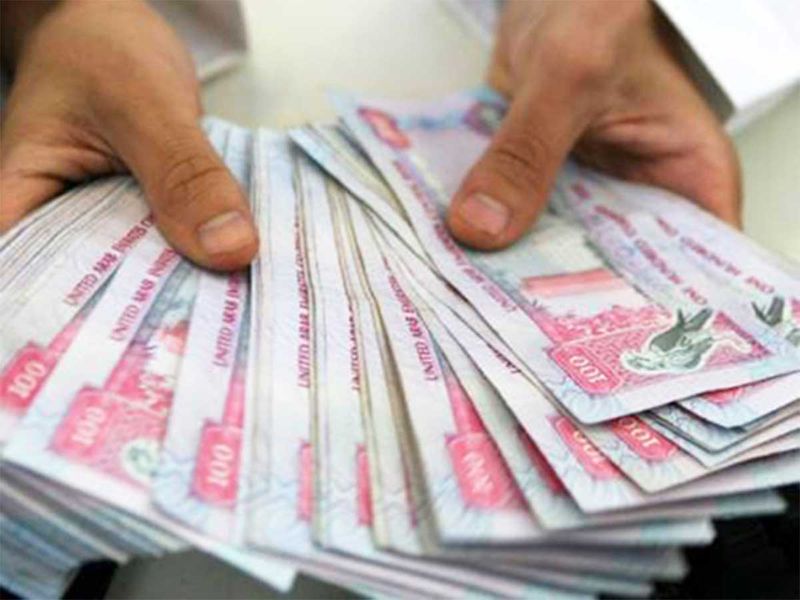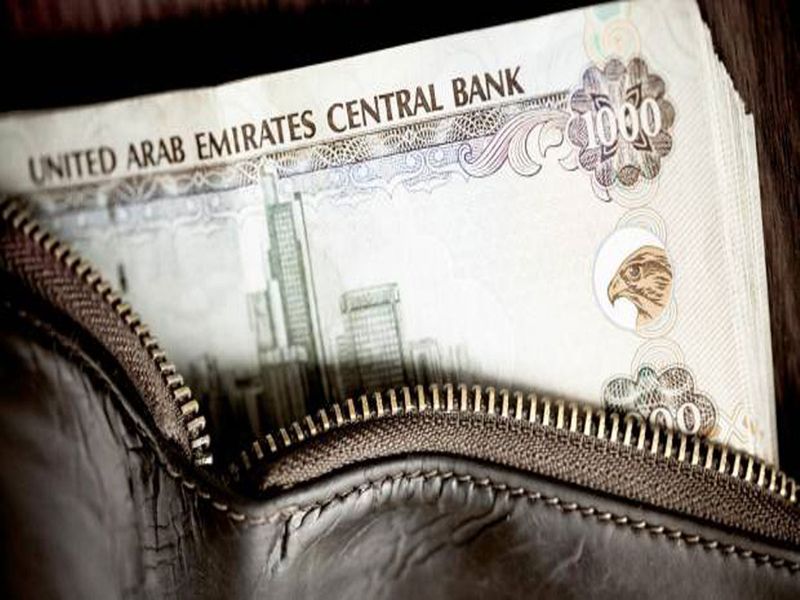
Locking your money up in a 25-year savings plan would especially seem futile in a day and age where gains from such a long-term savings plan often fails to materialise.
Locking your money up in a 25-year savings plan would especially seem futile in this day and age!
Most expats are not in a position to plan where they and their finances will be in five, 10 or 15 years down the line. But that doesn’t mean stop saving.
It simply means instead of seeking refuge in an out-of-date savings plan such as this one, look at modern day alternatives.
Typically, the 20-30 year savings plans are sold more widely in the expat markets. People from all around the world buy into such plans.
British expats were widely seen as the most likely ones to buy the plans, followed by Nordic, French, Indian, Chinese, Australian and numerous other nationalities.

Why to steer clear of these savings plans?
A 25-year plan is more of a bumper pay-day gift to your financial adviser than it is to you.
Most expats don’t know that such plans are ‘front-loaded’, or in other words a plan where you are required to pay the adviser a huge commission from the day you start saving.
A 25-year plan is more of a bumper pay-day gift to your financial adviser than it is to you!
Saving Dh1,000 a month for 25 years adds up to Dh300,000. The commission could be as high as 4 per cent of the plan value, which totals a massive payout of Dh12,000 for the financial adviser.
That’s Dh12,000 out of an expat’s pocket and into the adviser’s bank rather than into expat savings.
So if your adviser is seen often recommending long-term savings plan such as this one, it may be time to switch your planner because they may not be working in your best interests.

Expats often realise their mistakes too late!
A study revealed that expats tend to realise how bad a deal their savings plan is after around seven years, but are then trapped by exit penalties that can wipe out what had already been saved.
The study further showed that barely one in 20 run their plan for the full 25-year term, the vast majority falling by the wayside.
Expats realise how bad a deal their savings plan is after the first seven years but then exit penalties stop them from getting out!
Investing, say, Dh1,000 or Dh2,000 a month may be affordable when you are living tax-free in the UAE, but it can be a real burden when you move on.
As an expat currently with money locked into such a plan, what are your options?
• Fight for reimbursement: If it’s possible to demonstrate that the features, costs, surrender penalties etc., were not properly explained, the product provider may reduce or waive penalties.
• Expect a fight: Some advisory companies have sold savings plans without being licensed by the regulator. Such policyholders could complain aggressively and can be reimbursed.

BEWARE: Ongoing management fees and penalties for leavings funds or such a savings account dormant for 24 months or a year can erode whatever money remains in the account!
For annuities and life insurance policies, the typical surrender fee schedule starts at 7 per cent of the withdrawal amount and a 7 per cent surrender fee if you withdraw funds from an annuity in year one.
The fee can be steep, so avoid such products if you foresee the need for liquidity in your investments. In general, the shorter the holding period, the higher the surrender fee.
The Alternative: What most end up doing to avoid losses?
• Keeping the plan but reallocating funds
Some people prefer to keep paying in what they can and adjust the asset allocation to a sensible mix of stocks and bonds, regional diversification and slightly lower fund management fees.
Which makes an alternative for expat savers is putting together a fund portfolio through an online platform offering low-cost investments.
With financial markets continually evolving, there is currently a sea of fund options that you could think of investing in.

• Exit and reinvest in a cheaper, flexible platform
Dealing direct generally means no commissions or adviser charges – but many offer a reasonably priced managed option for expats who do not have the time or inclination to look after their own portfolio.
The range of funds is far wider than those offered by most savings plans – including low-cost trackers and ETFs, bonds, mutual, options and futures across a selection of global markets.
The range of funds is far wider than those offered by most savings plans!
Funds grow exponentially with the magic of compound interest, while the risk of buying high and the market collapsing is countered by adding a little money often rather than a large amount all at once.
To know more about compound interest and cost averaging, also read the following article:
Another option is the UAE-based online trading platform Swissquote, which offers a local office and relationship managers in the Dubai International Financial Centre.

How much does it costs opting for alternatives?
Charging structures vary, but you typically pay an underlying platform charge of between $100 (Dh367) to $150 (Dh550) a year.
Then there are additional trading charges starting at around $15 (Dh55) on stocks, and fund charges, plus annual charges of as low as 0.5 per cent a year for ETFs.
Although lifetime saving is about being nimble and consistent, it does not mean locking into products with sky-high exit or fund charges.
So, should an expat surrender their existing savings plan?
The best return on a contractual savings plan is nearly always achieved by letting the investment run until maturity.
Any encashment before maturity can lead to a much lower return due to the heavy early surrender penalties.
The best return on a contractual savings plan is nearly always achieved by letting the investment run until maturity.
Contractual savings are generally only suitable where the saver requires discipline and is sure that they will not want the money until the end of the term.








